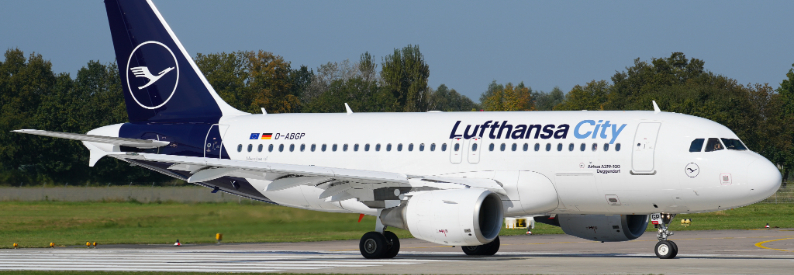Lufthansa Group Harnesses AI to Slash Inflight Meal Waste

The Lufthansa Group has deployed a proprietary artificial intelligence tool called Tray Tracker to identify and reduce waste from uneaten inflight meals. Launched at Frankfurt Airport in mid-2024 and recently rolled out at Munich Airport, the mobile scanning system uses AI to analyze meal trays returning from flights, categorizing each dish as fully eaten, partially consumed or untouched. By capturing data on route, travel class and specific meal concept, the system generates detailed reports that allow the airline to fine-tune portion sizes and menu offerings by destination, cabin and passenger profile.
Developed in-house by the Lufthansa Group Digital Catering Analytics Team with support from subsidiary zeroG, Tray Tracker scans trays at the dishwashing line via a handheld device. The AI recognizes food quantities and consumption patterns in seconds, feeding information into a central database. Over time, these insights enable catering teams to adjust meal loads precisely, cutting down on excess and reducing losses. In addition to cutting food waste, lighter aircraft loads translate directly into lower fuel burn and CO₂ emissions, supporting the Group’s climate targets.
The Tray Tracker project complements another machine-learning initiative called Pendle, launched by the Lufthansa Innovation Hub in 2024. Pendle uses algorithms to predict meal demand by analyzing flight duration, route characteristics and historical consumption data. By combining Pendle’s loading forecasts with Tray Tracker’s consumption feedback, Lufthansa aims to create a closed-loop system for accurate inflight provisioning, further driving waste reductions.
Lufthansa Group says the AI-driven approach will be extended to its other carriers, including SWISS, Austrian Airlines, Brussels Airlines, ITA Airways and Discover Airlines. Each airline’s catering unit will adopt Tray Tracker to gather localized data and refine its own meal programs. In parallel, the Group has introduced digital meal pre-ordering on short- and medium-haul flights, allowing passengers to select their preferred hot meal in advance. For “to-go” services at the end of the day, unsold fresh items are offered to travelers at discounted prices, preventing perfectly good food from being discarded.
On long-haul routes, premium-class passengers can choose their main course before departure, ensuring that only the requested dishes are loaded. These customer-facing measures not only enhance passenger satisfaction but also support operational efficiency and sustainability goals. Since 2022, Lufthansa Group has replaced a third of onboard single-use plastics and aluminum items with sustainable alternatives, further reducing its environmental footprint.
Tray Tracker and Pendle are part of a broader suite of sustainability initiatives that Lufthansa Group is pursuing to align with its commitment to net-zero carbon emissions by 2050. The Group is also investing in more fuel-efficient aircraft, sustainable aviation fuels and optimized flight operations. By leveraging data and AI, the airline aims to make every aspect of its catering and catering logistics more precise and sustainable.
Kohei Tsuji, Executive Vice President of Engineering and Maintenance, said that Tray Tracker underscores Lufthansa Group’s ongoing commitment to reducing its carbon footprint and improving operational efficiency. He highlighted the importance of harnessing digital innovation to build a more sustainable future for aviation. As Tray Tracker expands across the Group, Lufthansa expects to achieve significant reductions in food waste, fuel consumption and related CO₂ emissions, setting a new benchmark for environmentally responsible inflight catering in the industry.
Related News : https://airguide.info/?s=Lufthansa
